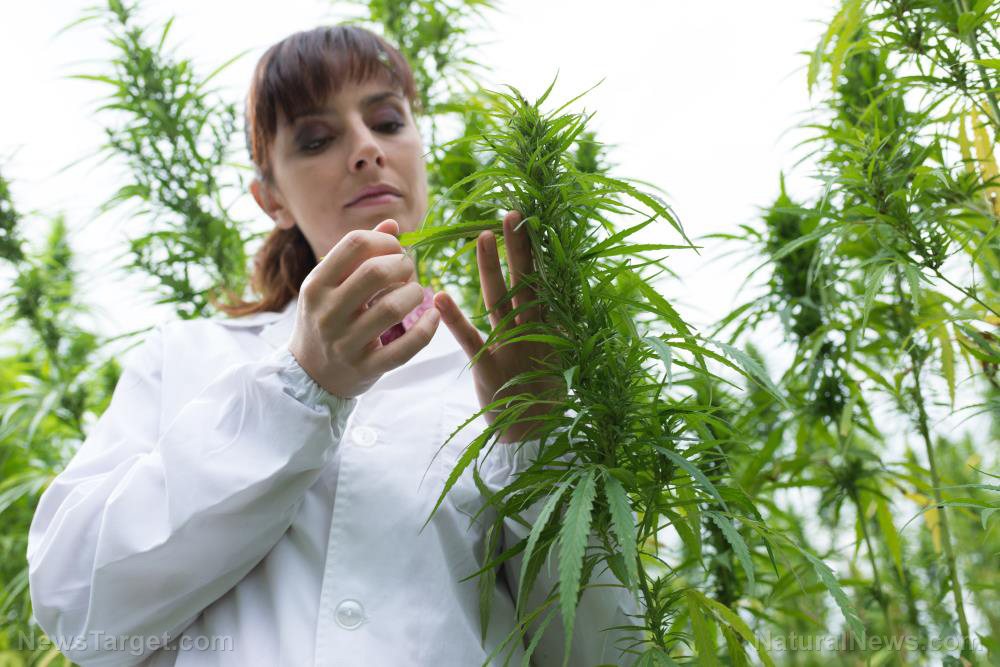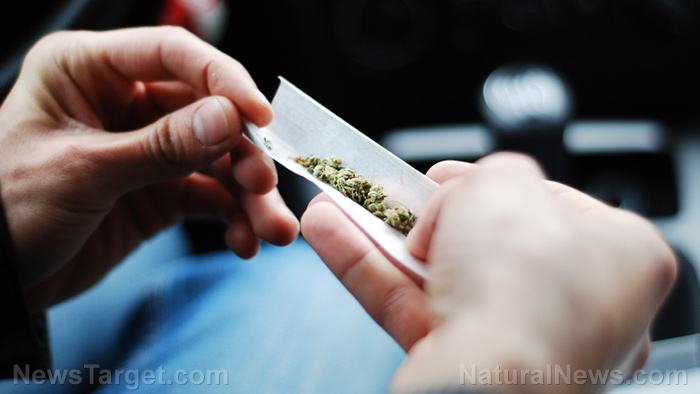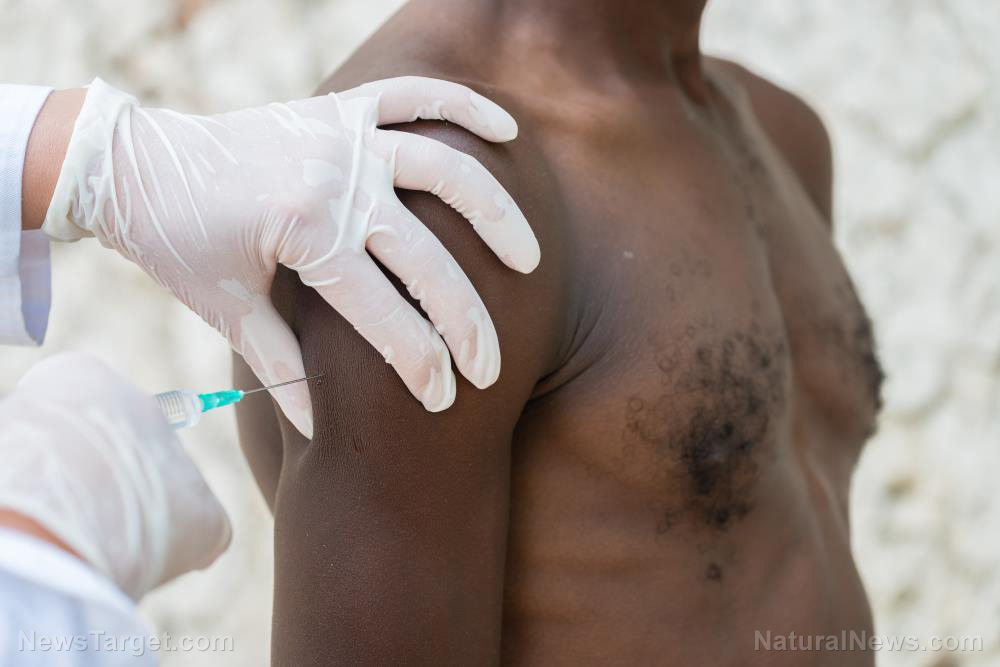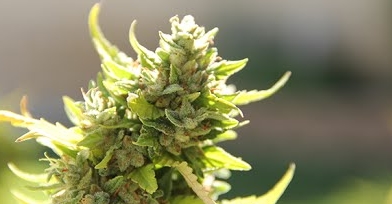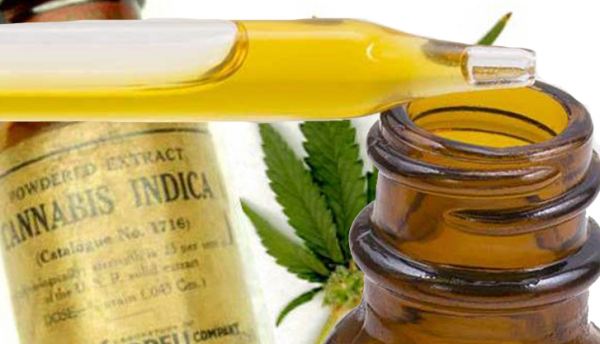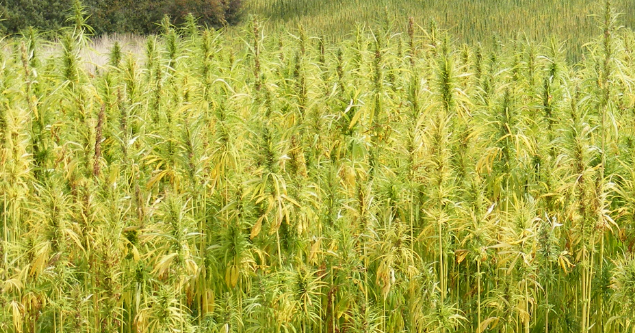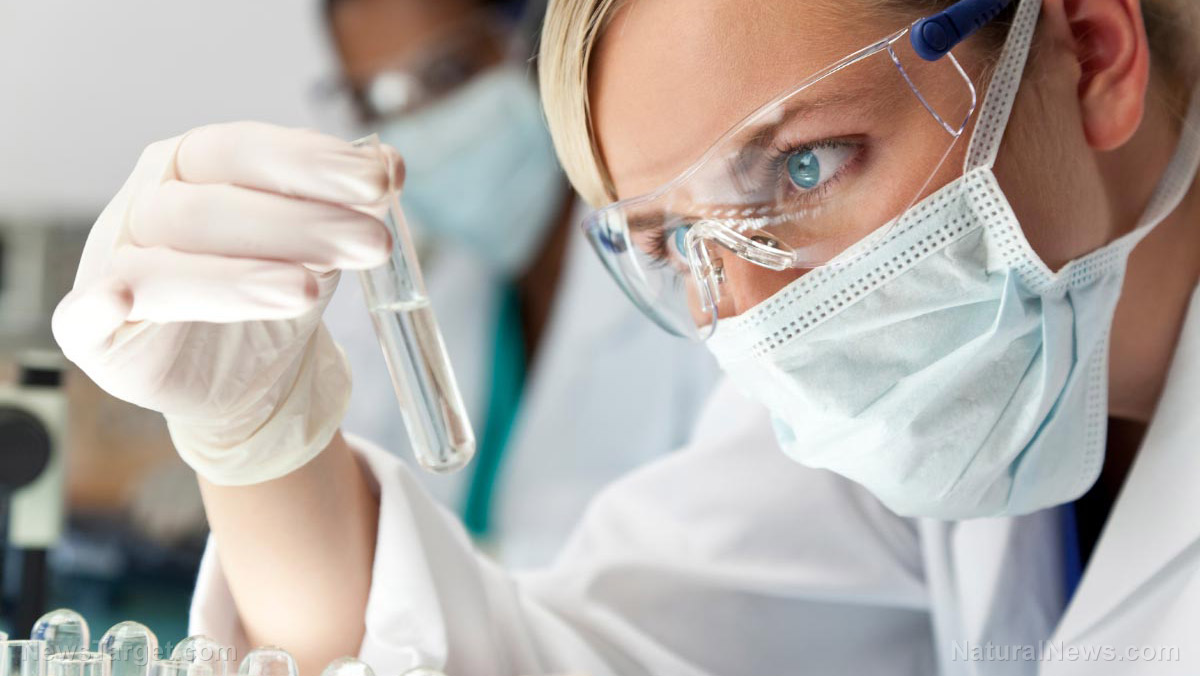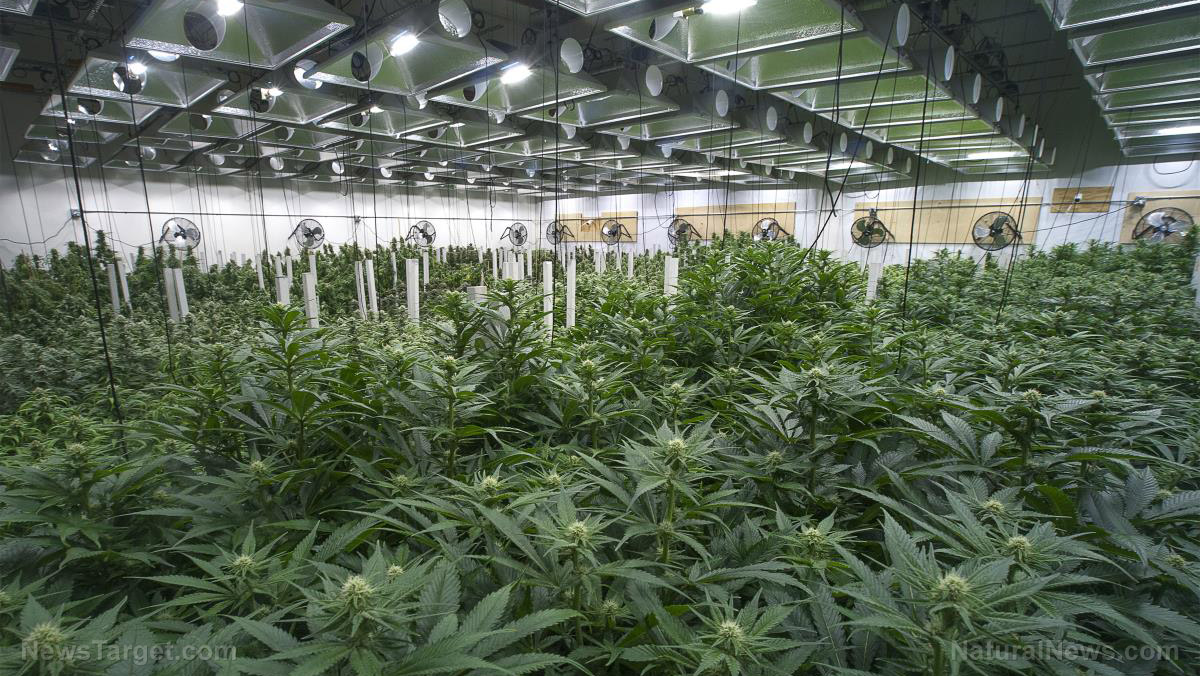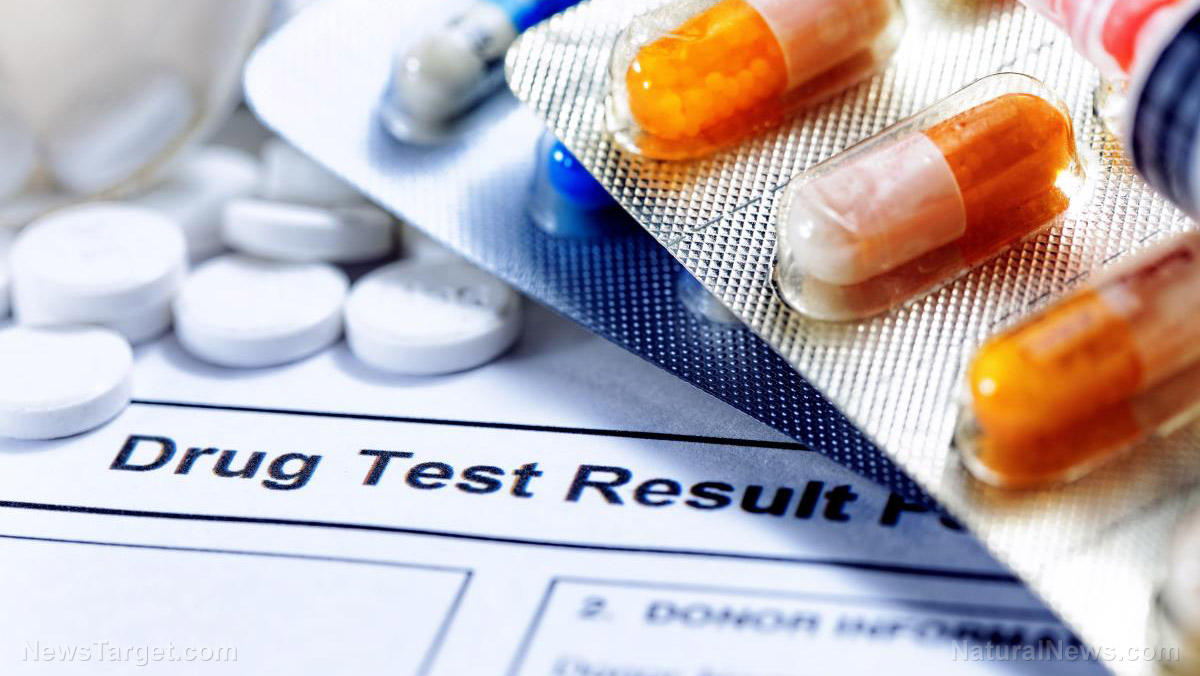Health Ranger to announce lab verification and product certification service for CBD oils and non-THC hemp extracts
11/02/2017 / By Mike Adams
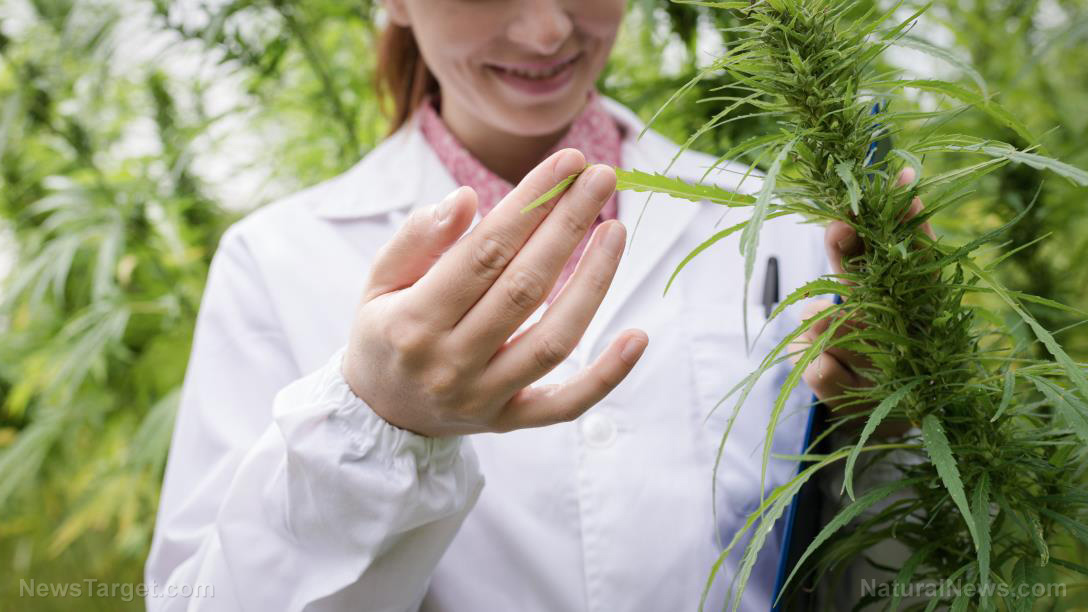
Coming in early 2018, I will be announcing a commercial lab verification service that will allow CBD oil and dietary supplement companies to place “Lab Verified” labels on their products and websites, backed by ISO-accredited laboratory analysis that relies on high-end mass spec instrumentation.
One of the issues we’re seeing today in the hemp extract industry is very high saturation of pesticides and fungicides in hemp-related products. That problem stems from the almost unbelievable lack of regulation of hemp agricultural methods in states where hemp production has been legalized. Toxic solvents are also frequently used in many hemp extracts — such as hexane, methanol, IPA, etc. — leaving potentially dangerous chemical residues in final products (some of which are vaped by consumers).
As one of the pioneers in cannabis quantitation and validation, I am the co-author of a science paper published in the LC/GC science journal entitled, “Liquid Chromatography–Time-of-Flight Mass Spectrometry for Cannabinoid Profiling and Quantitation in Hemp Oil Extracts.” Since that science paper was published, my lab has developed even more precise mass spec analysis techniques that allow us to validate the following properties of CBD oil / hemp extracts:
- Accurate quantitation of CBD, CBDA, THC and other compounds typically found in hemp extracts.
- Molecular verification of accurate molecules, eliminating any possibility of counterfeit chemicals. (Using a combination of accurate mass, ion fragmentation, isotopic abundance, etc.)
- The absence of pesticides, herbicides, fungicides and other agricultural chemicals. (This is a huge issue, as many hemp products sold today are derived from cannabis plants that are heavily sprayed with toxic pesticides.)
- The absence of toxic solvents and extract chemicals that are frequently used in the industry even though they may pose a very real danger to consumers. Some hemp production companies, for example, are currently extracting hemp products using isopropyl alcohol (IPA), which is extremely toxic to the human body when ingested.
- The absence of toxic heavy metals, and the presence of nutritive minerals such as zinc and magnesium.
In other words, we are testing CBD products for not just CBDs, but also for pesticides, industrial chemicals and heavy metals as well.
Certifying CBD products to be authentic, clean and green
This new service, to be launched by CWC Labs, is designed to help consumers recognize safe, high quality hemp extract products that are independently verified by a third party laboratory to be authentic, clean and green. Product certification involves multiple tests on three different mass spec instruments, including ICP-MS and HPLC-MS-TOF.
How toxic is today’s cannabis farming across America? “Researchers from Ithaca College say that the growing number of small pot farms being planted in remote forest areas are having a major impact on the local environment,” reports CBS News. “The college has previously outlined how commercial marijuana farming was poisoning forest animals with pesticides and dewatering streams by improper irrigation in states like California.”
Continuing our research and development of cannabis analysis methods for cutting edge labs, later in 2018 we hope to be able to offer glyphosate testing certification for hemp products, allowing CBD oil producers to be able to accurately claim their products are “glyphosate tested” by an accredited, industry leading laboratory (and for that claim to be backed by irrefutable science).
This CBD product validation service will be offered on an annual licensing basis, with details to be published in early 2018 as we launch the service. Note that this service does not test raw materials, hemp extract waxes, supercritical extracts or other such items. Rather, this service only tests final products that are packaged, labeled and publicly available to consumers. Manufacturers who are interested in being placed an our email alert list for the launch of this service may contact us at this link on the CWC Labs website.
Our focus is on liquid CBD products intended for oral or topical consumption, not THC, and we do not offer testing of any kind for high-THC products. Furthermore, we do not conduct clinical trials, and we do not validate any health claims. Our entire focus is on composition, not efficacy. Please do not ask us to validate your product health claims, as that is not allowed under current FDA regulations. We are not a biological testing facility; we are a food and supplements science lab.
We bring honest, independent science to the CBD industry
We are currently seeing a tremendous amount of science fraud across the hemp industry, and our upcoming service is designed to bring a level of trust and serious accreditation to clean, high-quality CBD products that are already helping tens of millions of people live better quality lives.
Keep watching CWClabs.com for an announcement, and listen to my recent podcast about widespread science fraud in the hemp industry to learn more about why this service is so desperately needed:
Tagged Under: Cannabinoids, cannabis, CBD, hemp extracts, Hemp Industry, Hemp Products, laboratory science, marijuana, regulation, THC

